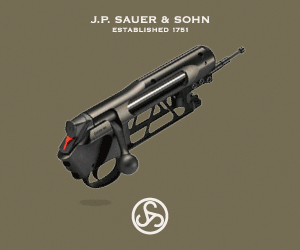European Commission - Fact Sheet
Fighting terrorism at EU level, an overview of Commission's actions, measures and initiatives
Brussels, 11 January 2015
The fight against terrorism at EU level
What is Europe's role in the fight against terrorism, which is principally a national competence? What does the EU do to support Member States' efforts?
In 2010 the European Commission adopted an Internal Security Strategy for the period from 2010 to 2014. In the coming months, a European Agenda on Security will be adopted, as foreseen in the Commission working programme for 2015. ...
[...]
How is the movement of illegal firearms currently regulated in the EU?
Even if the use of weapons in criminal attacks is not new, terrorists are using weapons more and more, in addition to the traditional strategy which was based on the use of explosives.
Movement of such weapons within the EU is regulated by a procedure laid down in Directive 2008/51/CE (so-called Firearms Directive) which establishes a system of authorisation for owners and traders of weapons for civilian use only. Military weapons cannot be traded to private persons. Under specific conditions only collectors can keep military weapons. Regulation 258/2012 on illicit manufacturing and trafficking of firearms establishes rules for export of weapons for civilian use. This system is based on an authorisation procedure following the provision of United Nations Protocol on firearms.
Last year the European Commission launched an evaluation aimed at improving current practices in the EU as regards marking, deactivation and destruction of firearms entering in the scope of EU rules on firearms and the legal requirement for purchasing alarm weapons and replicas within the EU. An additional evaluation was also finalised at the end of last year to examine possible policy options, including the approximation of various relevant offences, to better prevent, deter, detect, disrupt, investigate, prosecute and cooperate on illicit arm trafficking in the EU. Based on the results of the evaluation process carried out, the Commission decide on how to proceed to amend the Firearms Directive, which could lead to a proposal for stricter checks for some categories of weapons and by prohibiting the most dangerous weapons, which are already subject today to mandatory authorisation. A better exchange of information is also very important at EU and international level. ...









